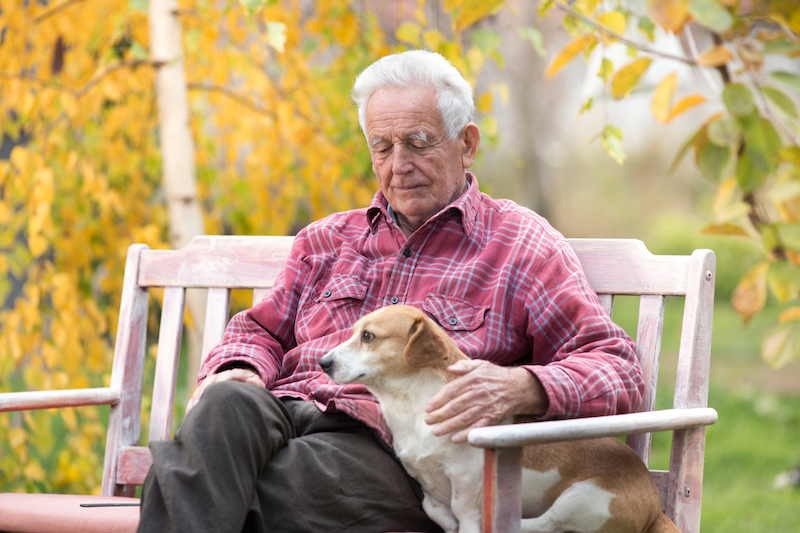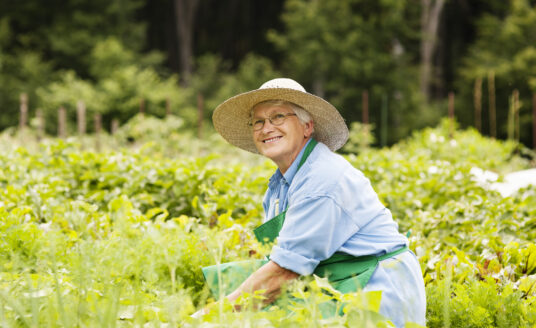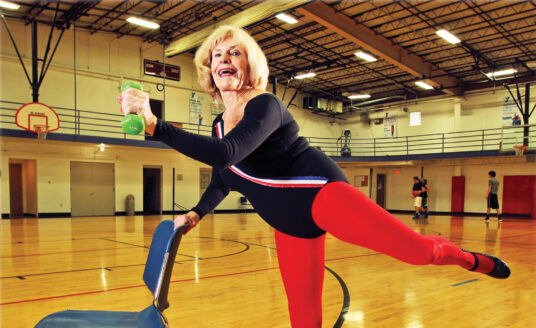Losing a loved one is painful. For a senior adult, handling grief may be more profound, prolonged and devastating, especially when the senior loses a spouse.
You and your spouse have been a team for many years. You knew each other—what the other was thinking, and what they would say in a given situation. Now your spouse is gone, along with how you defined yourself as a person within the relationship.
Handling grief at a young age is difficult, but there is time to heal, recover and continue living your life. When you are in your 70s or 80s, and have already suffered the loss of many friends and relatives, moving through the pain to something new and worth living for can be quite challenging.
Dealing with Loss
Experts agree that if you lose a loved one, it is important that you do not go into isolation. Seek out friends and share stories about your loved one. Also, accept acts and words of kindness from those around you. Though it may be difficult, you should participate in activities, and continue to pursue your interests even as you are grieving. And don’t neglect your health.
The idea is to not let your grief spiral downward and overwhelm you. Research has shown that grief and loneliness impact the physical health of seniors differently than with younger people, as the opportunities for joining groups, exercising, taking classes and socializing diminish with age.
Grieving seniors may want to have meaningful conversations with others, which is not always possible with family members living far away. Knowing someone can and will visit with you on a regular basis gives you something to look forward to.
Grief should be acknowledged. The most effective way to help is to have someone listen, empathize, recognize your loss and help you through the experience at your own pace.
If you are a resident in a senior living community, you probably have many of the resources a grieving person needs within the community. There are opportunities to socialize and get involved in activities.
The residents around you also have a deep insight into the significance of your loss, because they have experienced loss as well.
You are surrounded by staff who know and understand you. And professional grief support is most likely available as well.
Take time to grieve. You don’t want to rush through or ignore the process.
You can relive fond memories of your loved one with people around you.
Spiritual support is also available in many senior living communities.
The opportunity to form new relationships in the community can improve your mental outlook, and create a positive environment for handling grief.
| Whether you choose independent living, assisted living, memory care, or skilled nursing, your experience at Bethesda will be filled with compassionate care and meaningful connections. If you are considering independent living, we encourage you to tour our communities, including Bethesda Barclay House – Clayton, Bethesda Gardens – Kirkwood, Bethesda Orchard – Webster Groves, Bethesda Terrace – South County, Village North Retirement Community – Florissant, and The Oaks at Bethesda Villas – Kirkwood/Webster. If you have any questions about our non-profit senior living communities, contact us today. |



